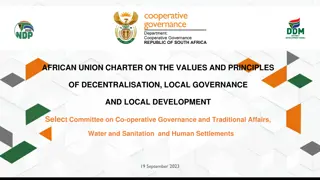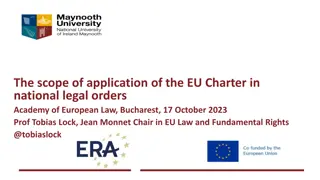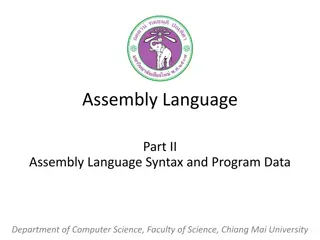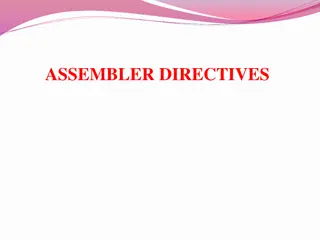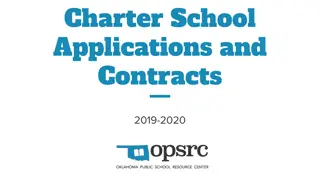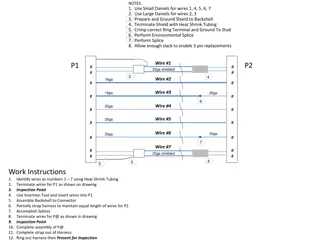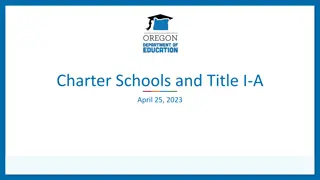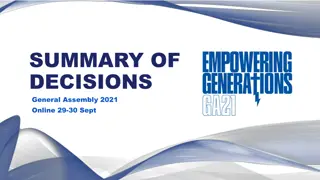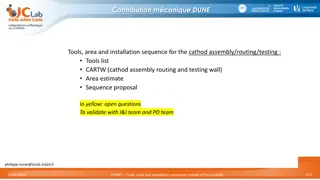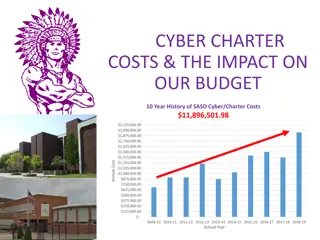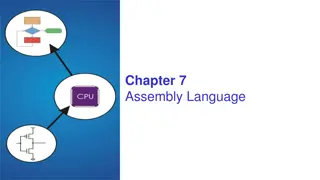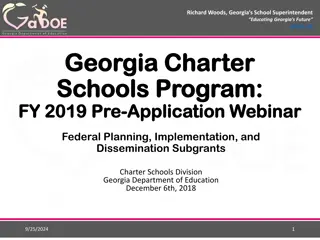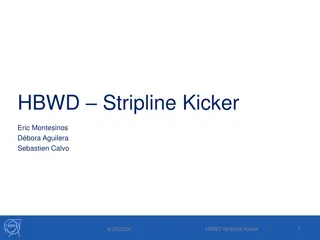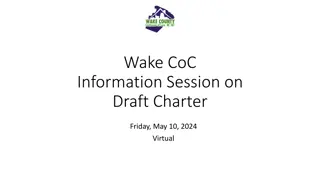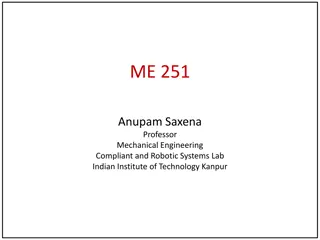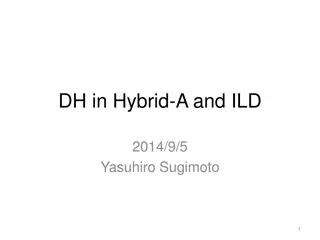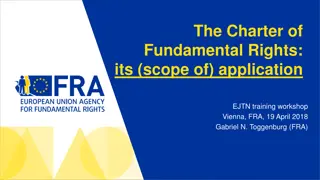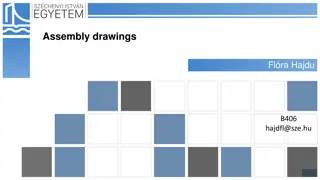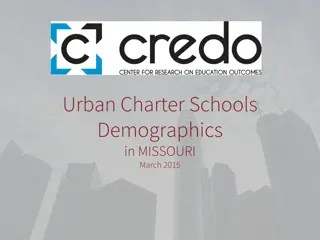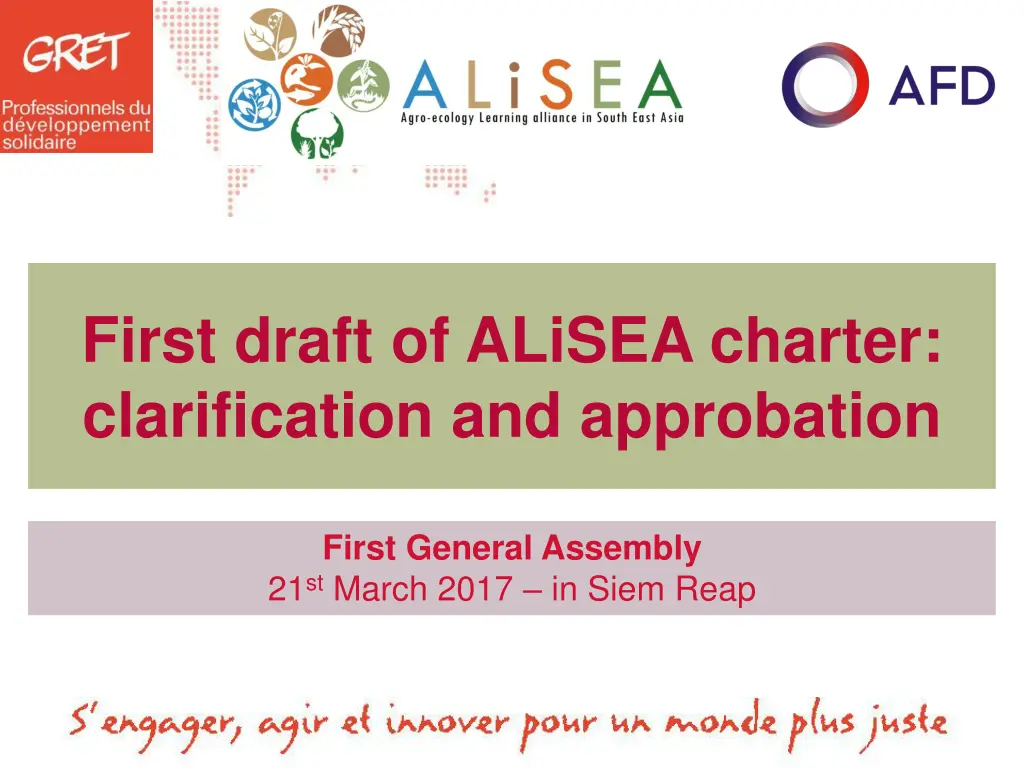
ALiSEA Charter: Empowering Agroecology in the Mekong Region
"Join the movement to reshape landscapes, livelihoods, and food systems in the Mekong Region through the ALiSEA Charter. This framework document fosters collective action, knowledge sharing, and policy dialogue for a sustainable agroecological transition. Explore objectives ranging from regulatory analysis to local capacity building, all aimed at promoting agroecology and fostering a healthier future."
Download Presentation

Please find below an Image/Link to download the presentation.
The content on the website is provided AS IS for your information and personal use only. It may not be sold, licensed, or shared on other websites without obtaining consent from the author. If you encounter any issues during the download, it is possible that the publisher has removed the file from their server.
You are allowed to download the files provided on this website for personal or commercial use, subject to the condition that they are used lawfully. All files are the property of their respective owners.
The content on the website is provided AS IS for your information and personal use only. It may not be sold, licensed, or shared on other websites without obtaining consent from the author.
E N D
Presentation Transcript
First draft of ALiSEA charter: clarification and approbation First General Assembly 21stMarch 2017 in Siem Reap
CONSULTATION PROCESS Over the past year, several consultation workshops in different countries 2 2 ALiSEA contributions and drafted this charter that aims at reinforcing members ownership project team combined all The charter is not a fixed document and could evolve in the future Charter: A framework document defining shared vision, common member driven governance objectives and
ALiSEA VISION An agroecology consumers and policy makers level spearheads the redesigning of the landscapes, the livelihoods and the mindscapes in the Mekong Region. increased of credibility practices and visibility family at farmers, Such regional agroecology transition supports the emergence of healthy and resilient food systems and the creation of innovative and fulfilling jobs for the rural youth while sustainably preserving natural resources.
MISSION ALiSEA practitioners supporting common goals on AE) that actively engages its members into information/knowledge sharing and vibrant collective actions promoting an AE transition, and providing visible benefit for all participants. is a and network supporters of Agroecology (sharing 4 4 and The agroecology concept for gaining higher visibility and influence, generating establishing a learning process to facilitate an agroecology transition in the region. network intends promoting a unifying public support, and
OBJECTIVES 1. To analyse current regulatory, socio-economic and institutional constraints environmental conditions for agroecology transition and development 5 5 in order to improve the 2. To share learning from and capitalise on the knowledge and key experiences of different AE actors that are supporting farmers in their agroecological transition 3. To generate, Information, Education & Communication materials (video, reports, handbooks) development practitioners agroecology aggregate and disseminate broad targeting consumers farmers, about and
OBJECTIVES 4. To map outstanding agroecology sites across the Mekong region and to facilitate Farmer to Farmer and multi stakeholder visits 6 6 5. To assess local conditions, potentials, and build shared strategies for agroecology practices successful scaling up 6. To encourage / promote agroecology local and healthy food (building consumers confidence, private sector engagement and producers certification ) 7. To foster policy dialogue in order to include agroecology in national / regional strategies 8. To support co-development of performance indicators to assess agroecology impacts and facilitate its field testing
MEMBERS on Open agroecology within the Greater Mekong Sub-region, Civil Society Organizations Organizations, Local and International NGO, Consumer associations ) Research centers, universities, colleges and institutes with a research focus on agriculture and rural development Private sector operators Government agencies Agriculture, Fishery, Livestock, Forestry and Rural Development coalition of stakeholders active 7 7 (Farmers responsible for
Joining ALiSEA 8 8 Members pledge to respect ALiSEA charter and to actively engage in promoting an agroecology transition in the Mekong region through participation to experience & knowledge sharing and collective actions.
GOVERNANCE 9 9
THANK YOU ! 10 10




